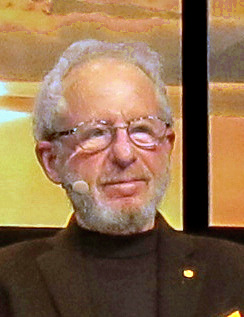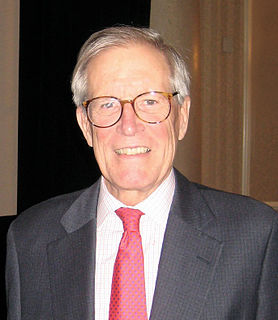A Quote by Michael Specter
Benjamin Franklin refused to have one of his children vaccinated against smallpox. The four-year-old boy died, and Franklin wrote later of how mistaken he was to expose him to the needless risk.
Related Quotes
Ben Franklin was a little stout later in life and it was said that in Paris a young woman, tapping him on his protruding abdomen, said,"Dr. Franklin, if this were on a woman, we'd know what to think." And Franklin replied,"Half an hour ago, Mademoiselle, it was on a woman, and now what do you think?"
[Benjamin Franklin]identified thirteen virtues he wanted to cultivate--temperance, silence, order, resolution, frugality, industry, sincerity, justice, moderation, cleanliness, tranquility, chastity and humility--and made a chart with those virtues plotted against the days of the week. Each day, Franklin would score himself on whether he practiced those thirteen virtues.
Here is my creed: I believe in one God, the Creator of the universe. That he governs it by his providence. That he ought to be worshipped. That the most acceptable service we render to him is in doing good to his other children. That the soul of man is immortal, and will be treated with justice in another life respecting its conduct in this. These I take to be the fundamental points in all sound religion. --Benjamin Franklin
After the signing of the Constitution, Benjamin Franklin was asked by a woman on the street, "What have you given us, sir?" Franklin Responded, "A Republic, if you can keep it." A critical moment in history has come; our Republic is in jeopardy. Can we keep it? If the answer to that question, as I fear, is "no," then we have no one to blame but ourselves.





























